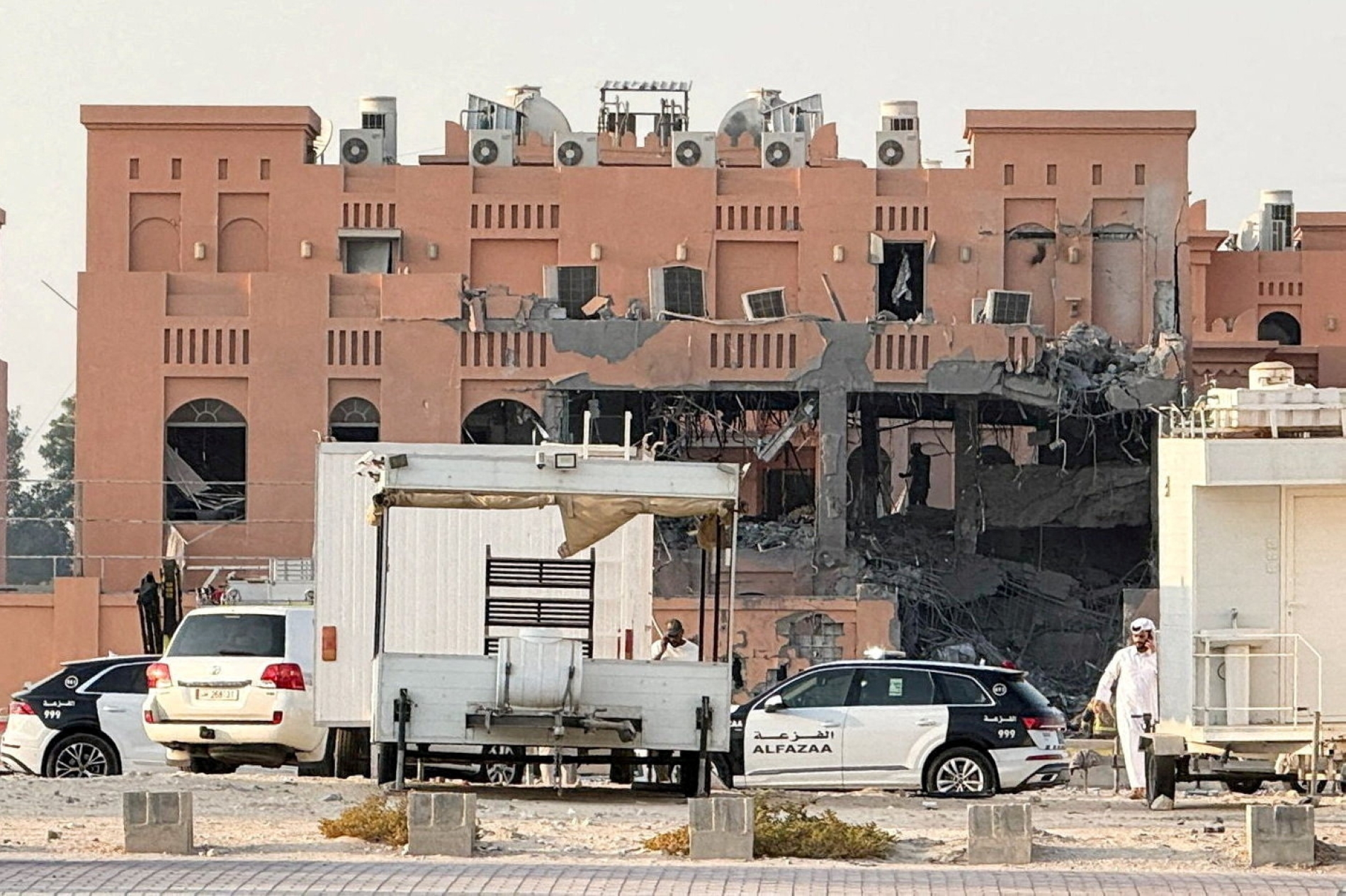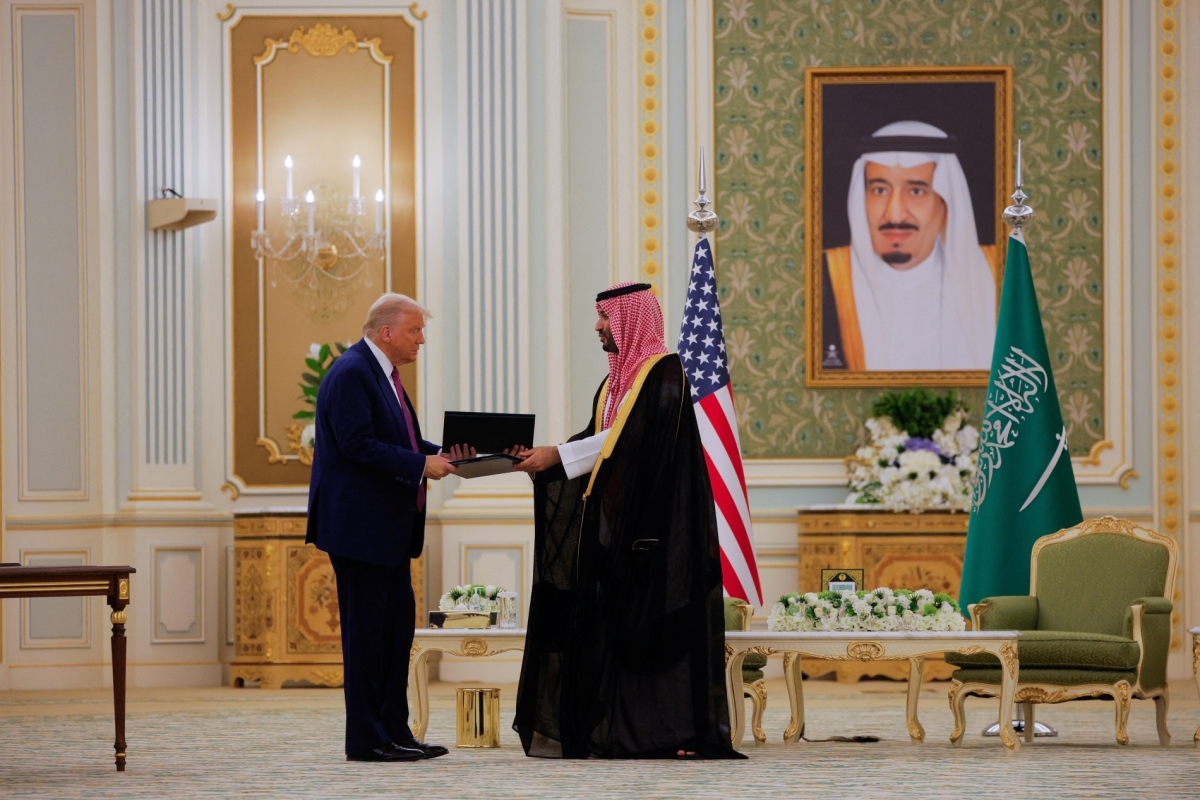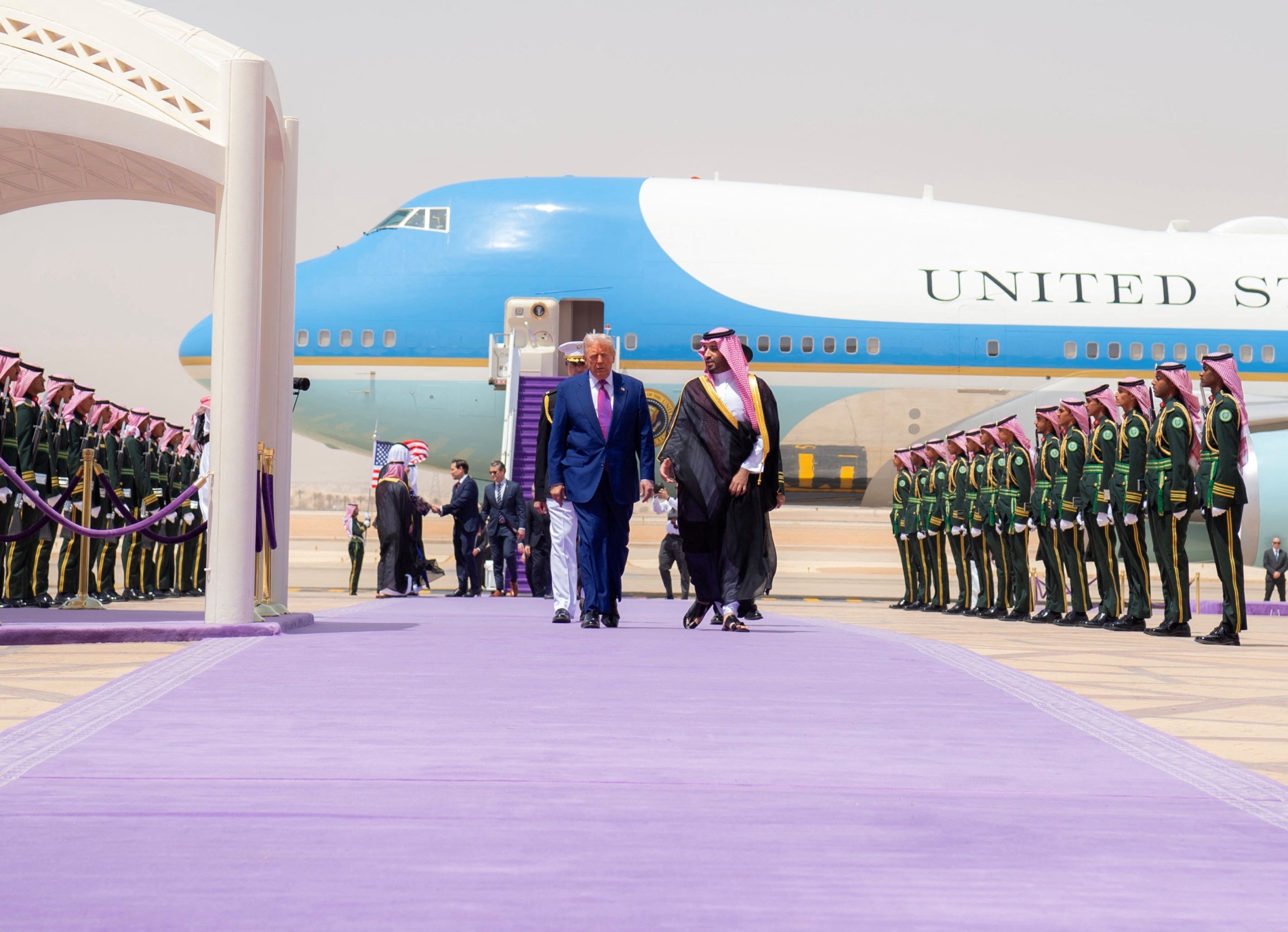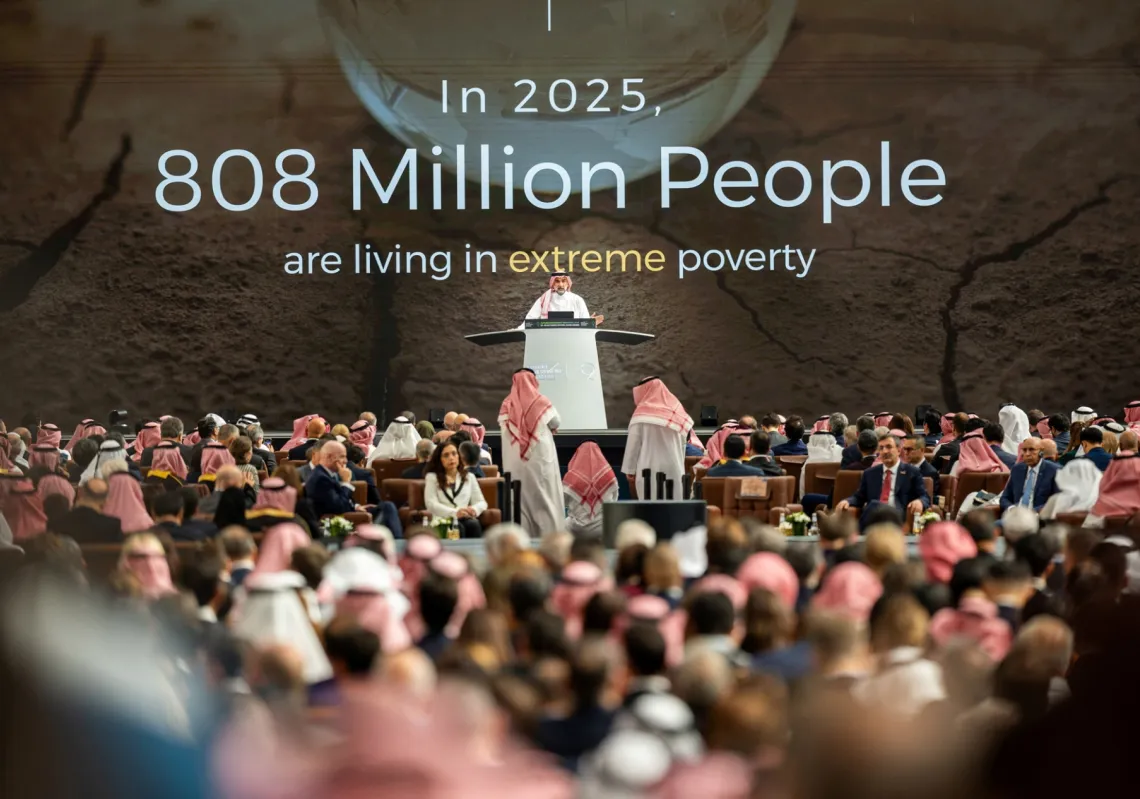When Saudi Crown Prince Mohammed bin Salman visits the White House to meet with US President Donald Trump on 18 November, there will be no shortage of issues for the two leaders to discuss. Follow-up on the robust bilateral cooperation frameworks in economics and technology, including artificial intelligence—outlined during Trump’s visit to the country in May—is sure to be on the agenda, as are still-unresolved thorny regional security issues, such as Iran, Israel-Palestine, and the continued threats presented by the Houthis in Yemen.
A top priority for Saudi Arabia will be some sort of security guarantee or defence pact from the United States— something Riyadh has been seeking for several years. In March 2023, following Saudi Arabia and Iran's renewal of diplomatic ties in a deal announced by China in Beijing, top Saudi officials ramped up their long-standing efforts to secure a defence pact with the Biden administration. It showed just how sceptical Saudi Arabia still was about Tehran’s intentions, particularly given the threats presented by Iran’s network of partners like the Houthis, Hezbollah, and various militias in Syria and Iraq in the so-called ‘Axis of Resistance’ at the time.
Changed landscape
But that was then, and this is now. The regional landscape has changed considerably. Iran suffered devastating blows to its military capacities and nuclear programme in the 12-Day War in June that Israel prosecuted with an assist from the United States. In 2024, Iran saw its decades-long investments in Lebanon’s Hezbollah and the Assad regime in Syria collapse, undercutting Iran’s regional strategy and bringing it to its weakest and most vulnerable point in decades.
But while Iran may be down, it certainly isn’t out. It still retains significant capacities to wage regional attacks both directly and through its own partners across the region, which is a main reason why Saudi Arabia continues to seek a US security pact.
Another reason is Israel’s strike targeting Hamas leaders in Doha, Qatar, on 9 September. This attack sent shockwaves across the region—particularly among US allies in the Gulf. The fact that the Trump administration was either unwilling or incapable of stopping the strike added more scepticism to the security umbrella the United States was providing to regional partners.

Regional states sprang into action. Qatar hosted an extraordinary summit of leaders from across the Arab and Muslim world—notably including Iran—to express solidarity with Qatar and condemn the Israeli strike. But ultimately, the summit’s communique was heavy on rhetoric and light on action.
What they did do was agree to reinforce intelligence sharing and plans for joint defence, including ballistic-missile early warning systems, signalling a step toward greater interoperability and integration of defences—something that the US has been encouraging for years. Saudi Arabia also signed a mutual defence agreement with Pakistan—another sign that countries in the region are looking to diversify their security ties to address emerging threats.
The Qatar template
But perhaps the most consequential outcome of the Israeli strike was the Gaza ceasefire and hostage release deal in early October. The Trump administration moved quickly to reassure Qatar of its security relationship, and it also used its displeasure with Israel’s strike against Qatar as leverage to get Netanyahu to finally agree to the deal. Trump even got Netanyahu to apologise to Qatar for the strike.
Part of America’s reassurance to Qatar came in the form of an executive order providing a security guarantee in late September. “The United States shall regard any armed attack on the territory, sovereignty, or critical infrastructure of the State of Qatar as a threat to the peace and security of the United States,” the order stated.














